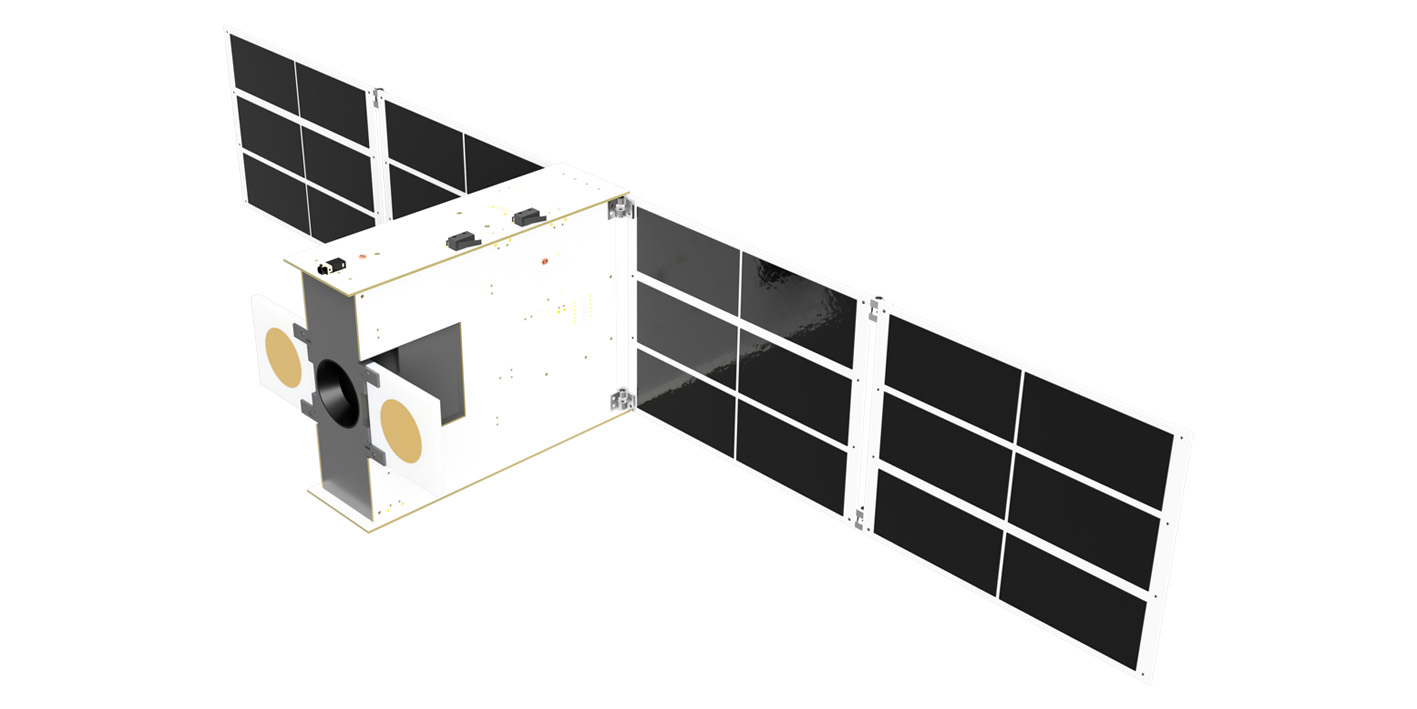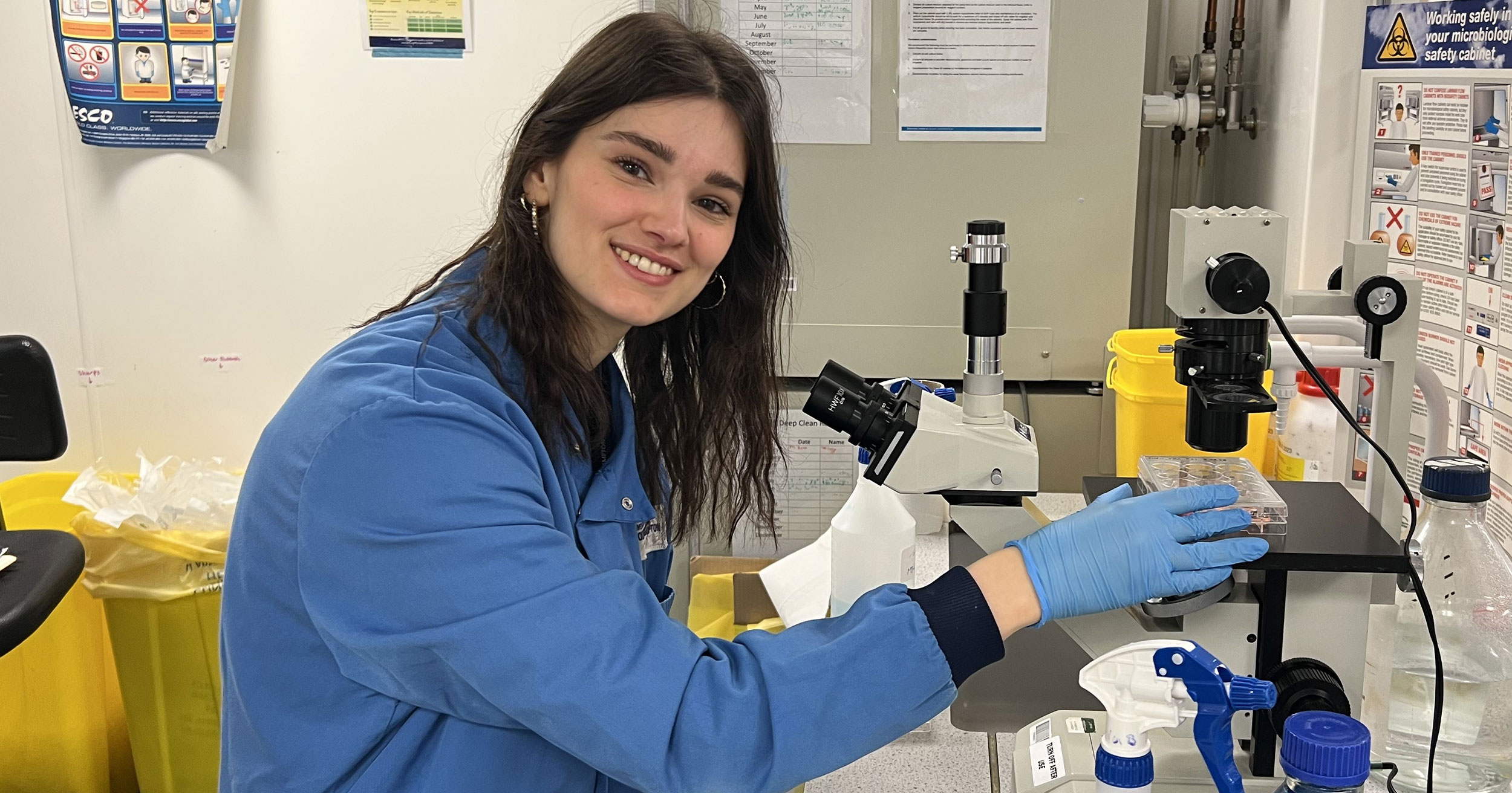
Big Book Review discusses the true value of crime novels at Wolverhampton Literature Festival
This February, the University of Wolverhampton’s Big Book Review continues its UK tour with events at this year’s Wolverhampton Literature Festival to discuss crime, community and conflict at two online events with writers from the Black Country, Northern Ireland and beyond.
On Saturday 5 February at 7.30pm, Dr Aidan Byrne, course leader of BA (Hons) English at the University of Wolverhampton, delves into the reputation of the whodunnit in Crime Writing and Quality. Alongside psychological suspense novelist Holly Seddon (The Hit List) and thriller writer Mark Edwards (The Hollows), he’ll explore the real value of genre fiction, before investigating Northern Irish crime writing with Sharon Dempsey (Who Took Eden Mulligan?) and Brian McGilloway (Blood Ties).
Byrne will also unveil new conclusions drawn from the team’s research on the BBC engagement project The Novels That Shaped Our World to show that the quality of genre fiction – including detective fiction – is rated lower compared to books marketed as serious literary fiction. How we can become more aware of unconscious prejudices in our own judgment of cultural value?
On Sunday 6 February at 2.30pm GMT, Professor Sebastian Groes, Professor of English Literature at the University of Wolverhampton, will explore the relationship between writing, place and regional identity with Stoke-on-Trent-born writer Dr Lisa Blower, Senior Lecturer in Creative and Professional Writing also at the University of Wolverhampton, (Common People Collective) and Belfast-based novelist Jan Carson (The Fire Starters; The Raptures) for The Black Country, Belfast and the Big Book Review.
Groes will also reveal new computational research from The Novels that Shaped Our World that provocatively suggests that women writers tend to explicitly name emotions in their work at a higher rate than their male counterparts, which detrimentally affects readers’ judgment of literary quality. Similarly, the use of regional dialect also impacts negatively on people’s assessment of ‘literariness’. Especially for this event, Groes will use computational software to crunch Carson’s and Blower’s work, and show how their use of emotive language and dialect maps against writers including Charles Dickens, Kazuo Ishiguro, Muriel Spark and Nell Dunn.
Professor Sebastian Groes, the Big Book Review’s Principal Investigator, said: “We’re delighted to return to the Wolverhampton Literature Festival this year to continue the Big Book Review’s exploration of literary taste and cultural value. As usual we will challenge our audiences’ preconceptions with an interactive quiz to demonstrate that many of us hold prejudices that we’re not consciously aware of. We hope to contribute to the discussion about making our consumption of culture more inclusive.”
The Big Book Review is funded by the Arts and Humanities Research Council (AHRC), and brings together an international team of literature researchers, computational linguists, psychologists and sociologists. The project has been investigating attitudes towards popular contemporary fiction through an ongoing series of events with festivals, libraries and community organisations around the UK, together with an innovative online survey.
Both Wolverhampton Literature Festival events will also draw on the Big Book Review’s on-going psychological and computational literary research to reveal the tastes of book lovers in the Black Country and Northern Ireland, and to examine ways in which cultural stereotyping can result in unconscious biases: how can readers be more mindful of their reading habits?
Whether you’re a crime fiction fan, keen to learn more about Black Country and Northern Irish writing, or want to dig deeper into the relationship between story and place, join the Big Book Review for a weekend of lively, thought-provoking literary discussion.
You can follow the Big Book Review on Twitter and Instagram @big_book_review. Further information can be found on the Big Book Review website.
For more information please contact the Corporate Communications Team.


/prod01/wlvacuk/media/departments/digital-content-and-communications/images-18-19/iStock-163641275.jpg)
/prod01/wlvacuk/media/departments/digital-content-and-communications/images-2024/250630-SciFest-1-group-photo-resized-800x450.png)
/prod01/wlvacuk/media/departments/digital-content-and-communications/images-18-19/210818-Iza-and-Mattia-Resized.jpg)
/prod01/wlvacuk/media/departments/digital-content-and-communications/images-2024/Nikhil-Seth-honorary-professorship.jpg)
/prod01/wlvacuk/media/departments/digital-content-and-communications/images-2024/241014-Cyber4ME-Project-Resized.jpg)
/prod01/wlvacuk/media/departments/digital-content-and-communications/images-2024/Business-School-leadership-conference-14-July-1-resized.jpg)
/prod01/wlvacuk/media/departments/digital-content-and-communications/images-2024/Arun-Bector---fellowship-teaser.jpg)

